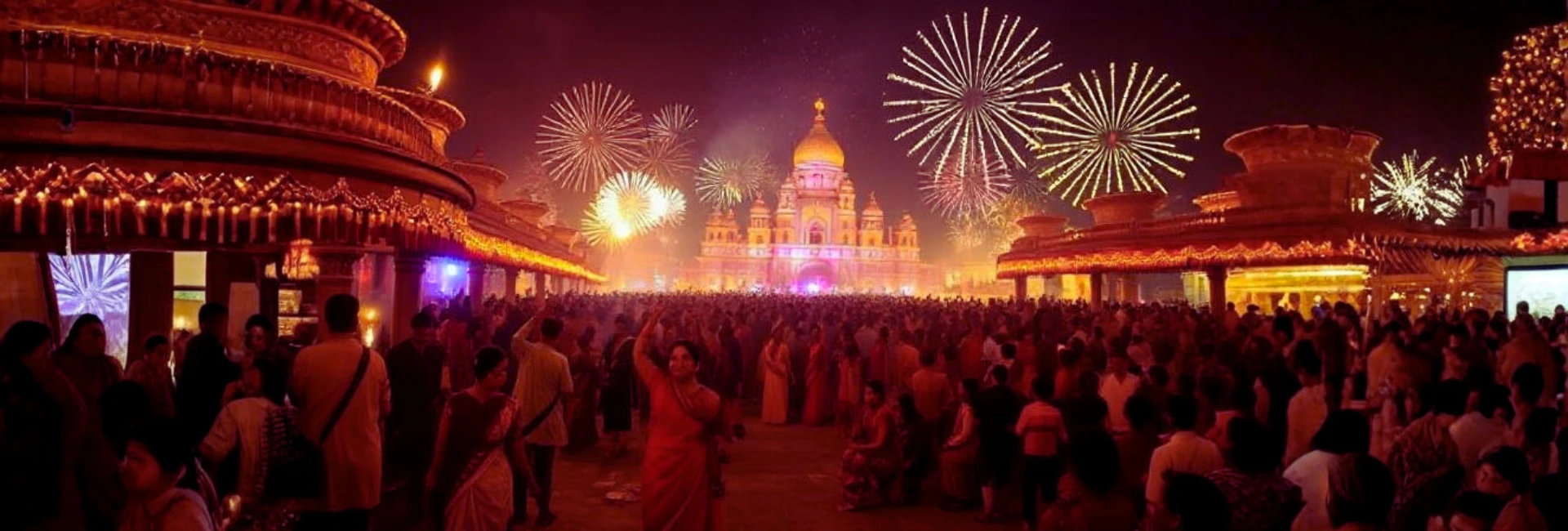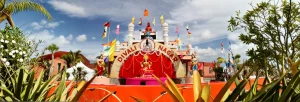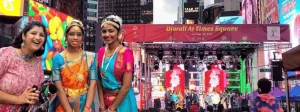(October 20, 2025) Diwali, the festival of lights has evolved into a global travel draw, attracting a large number of foreigners to India like never before. Online searches by foreigners about travelling to India during Diwali have grown 67 per cent this season from the year before, according to Agoda, a digital travel platform’s data. The platform, which is part of Booking Holdings, analysed accommodation searches made between February and August for check-ins between October 17–23, 2025, against the Diwali week of October 28–November 3, 2024 — revealing a remarkable shift in global travel trends.
Call it a visual spectacle, cultural immersion, or simply experiential tourism trend that’s pulling international travellers in, one fact is clear that global travellers today aren’t merely chasing monuments, rather chasing meaning and energy.
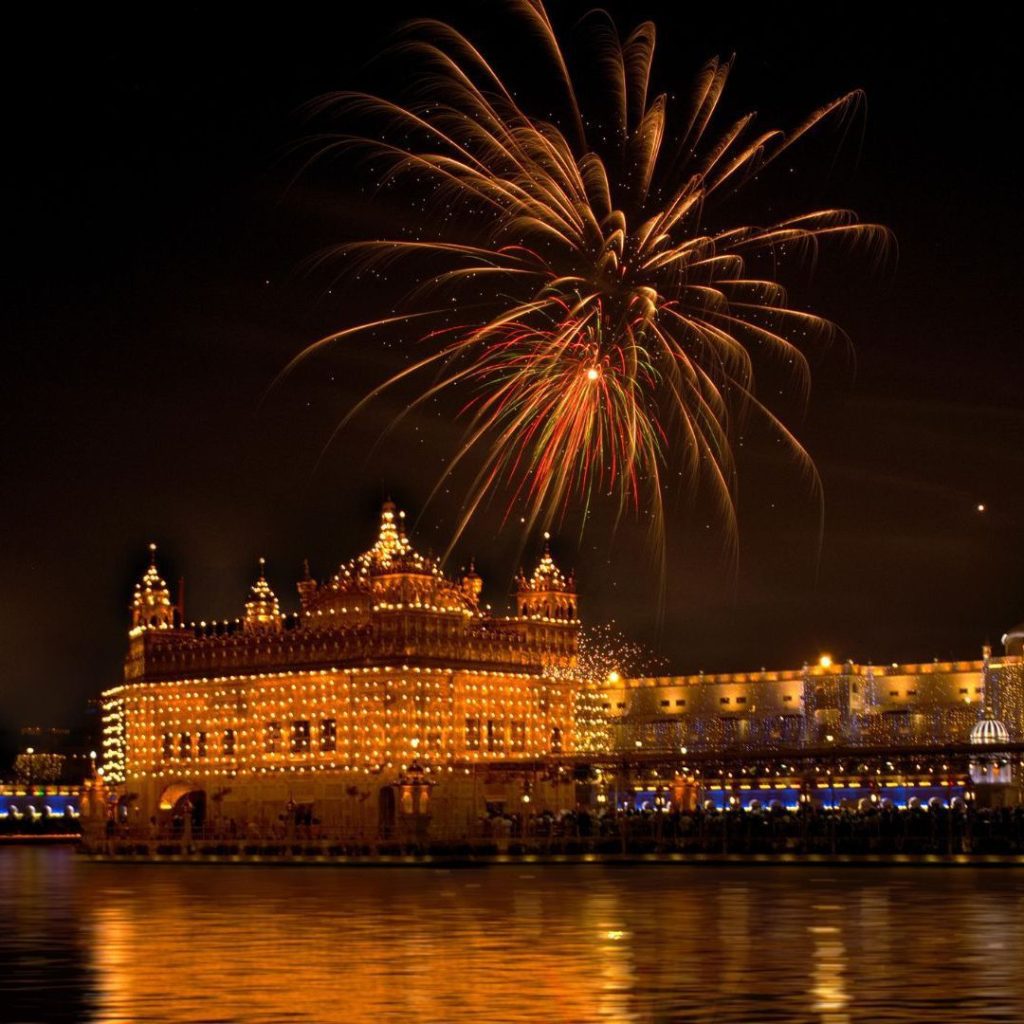
A cultural moment for India
“This surge in foreign tourist interest around Diwali 2025 isn’t just a travel trend; it’s a cultural moment for India,” Chiru Harsh, CEO of Paradome AI tells Global Indian. He explains that the rise in international travellers wanting to experience India during a festival rather than just visiting monuments or beaches marks a shift toward emotional, story-driven travel.
“Diwali represents family, celebration, colour, food, and spirituality — all the things global audiences crave today: meaning and experience,” he points out.
South Korea leads the new wave
According to Gaurav Malik, Country Director for the Indian Subcontinent and Indian Ocean Islands at Agoda, what’s particularly exciting is the emergence of newer source markets such as South Korea, alongside consistent demand from regions like the Middle East and Southeast Asia.
“Searches from South Korea increased 45 percent compared to last year, while travel interest from Thailand nearly doubled. Searches from Malaysia rose 25 percent, and from the UAE, they surged 87 percent,” he said.
Searches from the United States also grew by 28 percent. “It’s wonderful to see so many international visitors eager to experience the unique cultural festivals that India has to offer,” Malik said, adding that Diwali, with its traditions of light, community, and celebration provides an unmatched opportunity for travellers to immerse themselves in India’s rich cultural fabric.
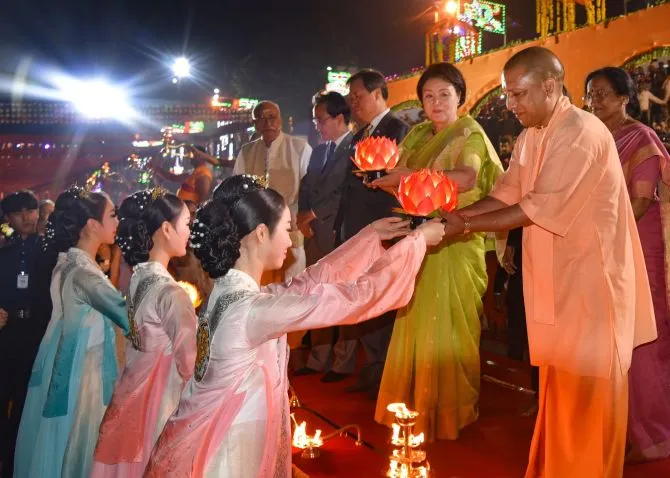
Korean First Lady attended Diwali fete with UP CM Yogi Adityanath, a few years back (image used for representation only)
Boosting local economies and luxury travel
Could this surge meaningfully boost local economies or luxury travel segments during the festive period? “Definitely. Diwali has always been about abundance, and global tourism is now becoming part of that story,” says Chiru Harsh. “This surge won’t just fill hotels, it will power local economies, artisans, cultural performers, heritage clusters, and curated experiences.”
Luxury travel, too, is seeing a real lift. Harsh adds that India is now confident enough to host high-end travellers seeking exclusive experiences such as private aarti ceremonies in Banaras, royal dinners in Jaipur, spiritual wellness in Rishikesh, or curated cultural immersions in Hyderabad and Udaipur. “The opportunity is massive but only for those who package India with authenticity, not clichés,” he notes.
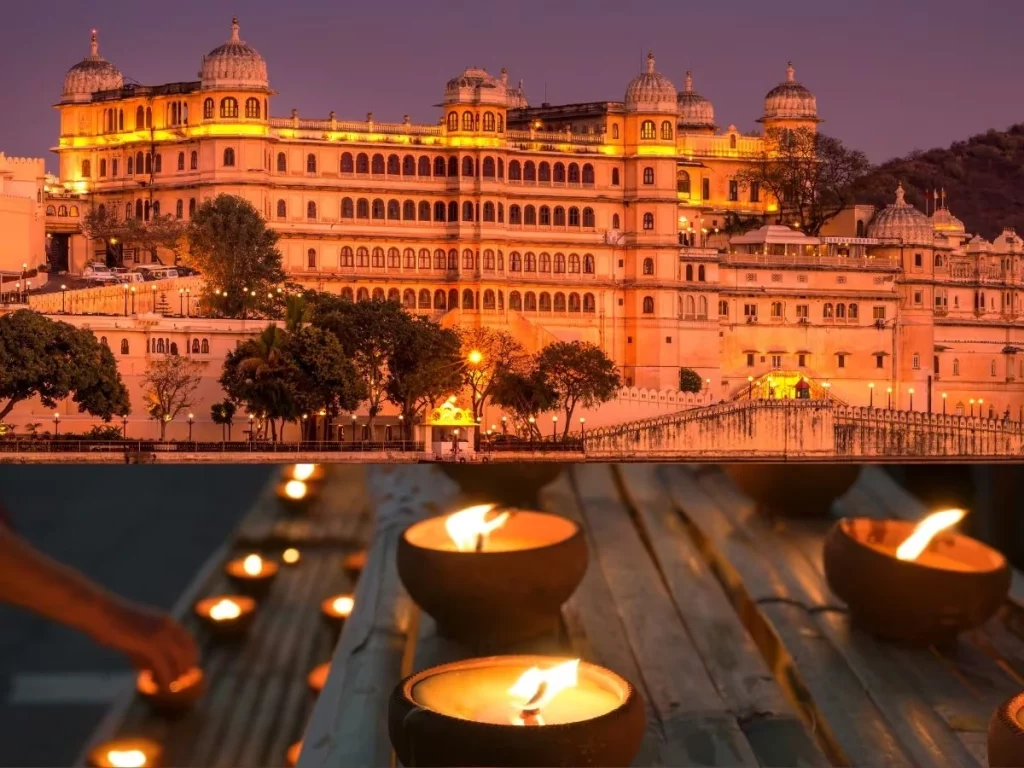
A luxury resort at Udaipur
“What’s driving this rise in foreign interest?” “I think the world has finally discovered what we always knew growing up that India isn’t just a place, it’s an emotion,” says Harsh, emphasizing that Diwali is the one time of year when that emotion is at its peak.
Social Media: The new cultural bridge
Harsh believes social media has played a pivotal role in bridging cultures. “People abroad see Diwali not as a ritual, but as a festival of human connection, lights, and celebration. Add to that cheaper flights, better hospitality, and India’s rising global confidence — the interest was bound to explode.”
Easier visas and better storytelling
To fully capitalize on this momentum, Harsh stresses the need for India to move beyond curiosity clicks and ensure smoother visas, higher hospitality standards, curated cultural immersions, and destination storytelling that meets global expectations.”
“If done well, Diwali tourism could become as iconic as Christmas in Europe or Cherry Blossom season in Japan,” says the Paradome AI, CEO adding that travellers today want emotion not “superficial tourism” or brochure experiences, and Diwali gives them exactly that.
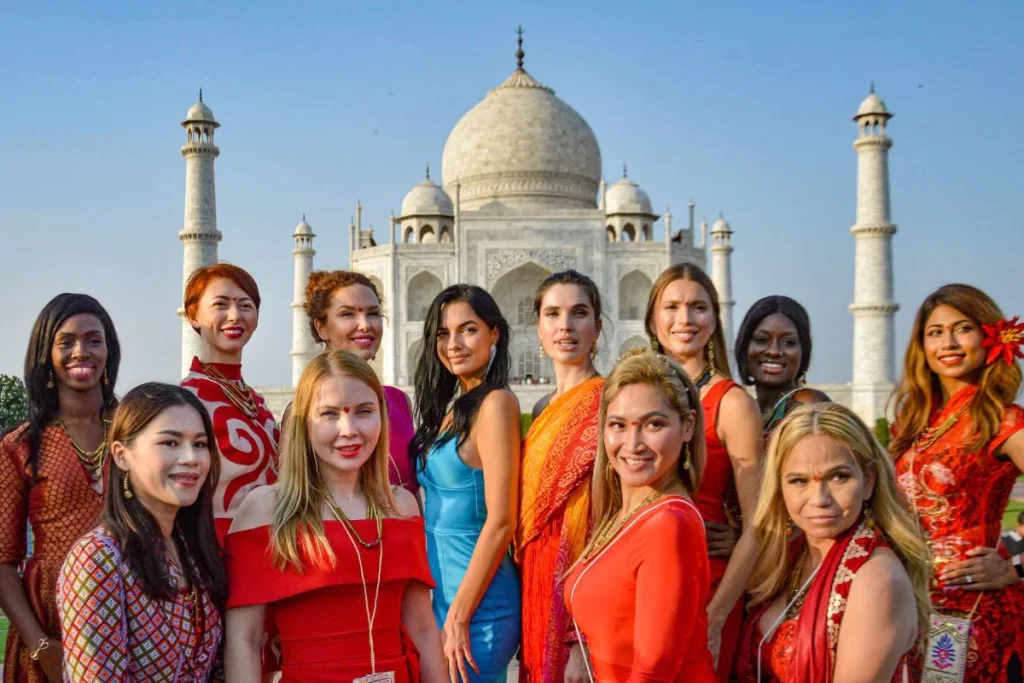
Tourists at Taj Mahal
Foreign tourist arrivals catching up
Agoda’s findings come at a time when India is yet to reach its pre-pandemic foreign tourist arrival (FTA) levels. As many as 626,000 FTAs were recorded in April, down by 19.2 per cent compared to 2019. From January to June 2025, total FTAs stood at 427,000, a 13 per cent decline compared to the same period last year.
Domestic Travel: Goa tops the charts
While interest from foreign tourists surged, domestic travel interest also rose 18 percent, according to Agoda. “Goa ranked as the most searched destination for the festive period. Among the top five, Udaipur and Jaipur recorded 49 percent and 46 percent growth in searches respectively, reflecting their growing appeal as centres of cultural richness.”
Travel searches for New Delhi doubled, while those for Mumbai rose 18 per cent compared to last year, reaffirming these cities’ positions as key metropolitan hubs for both domestic and international visitors looking to experience Diwali celebrations, the travel aggregator said.
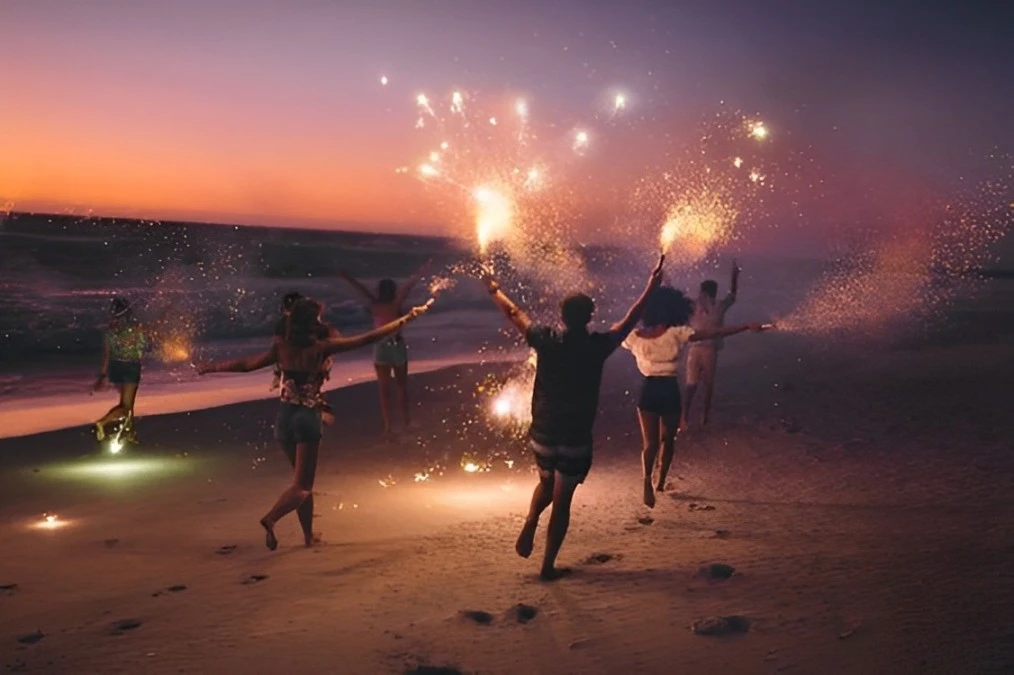
Diwali at a Goa beach
A traveller’s delight
Businessman Uday Pilani shares a personal anecdote that captures this growing fascination. “My British lawyer has been coming to India specifically for Diwali for the past two years and spends weeks around the festive season,” he says.
“Foreigners are awed by the way we celebrate. The colours, the parties, the festive atmosphere are all very fascinating for them. They don’t see anything like it in their countries,” smiles Pilani, Chairman of Pilani Group and Director of Makeney Hall Hotel Ltd, London.
India’s profile, he notes, has transformed globally. “Better infrastructure, easier visas, and smart advertising are propelling the world to embrace our fantastic country,” he remarks, adding that aspirational travel is on nitro mode, fuelled by social media.
